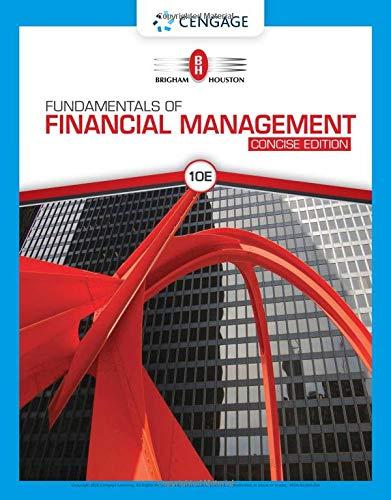How does the budgeting process translate long-term goals into operating objectives? Suppose Framecraft has an Information Processing Division that provides database management services for the professional photographers and artists who buy its frames. The division uses state-of-the-art equipment and employs five information specialists. Each specialist works an average of 160 hours a month. The division’s controller has com piled the following information: Actual Data for Past Year Forecasted Data for This Year November December January February March Client billings (sales) $25,000 $35,000 $25,000 $20,000 $40,000 Selling and administrative expenses 12,000 13,000 12,000 11,000 12,500 Operating supplies 2,500 3,500 2,500 2,500 4,000 Processing overhead 3,200 3,500 3,000 2,500 3,500 Of the client billings, 60 percent are cash sales collected during the month of sale, 30 per cent are collected in the first month following the sale, and 10 percent are collected in the second month following the sale. Operating supplies are paid for in the month of purchase. Selling and administrative expenses and processing overhead are paid in the month following the cost’s incurrence. The division has a bank loan of $12,000 with a 12 percent annual interest rate. Interest is paid monthly, and $2,000 of the loan principal is due on February 28 of next year. Income taxes of $4,550 for this calendar year are due and payable on March 15 of next year. The information specialists earn $8.50 an hour, and all payroll-related employee benefit costs are included in processing overhead. The division anticipates no capital expenditures for the first quarter of the coming year. It expects its cash balance on December 31 of this year to be $13,840. Prepare a monthly cash budget for the Information Processing Division for the three month period ending March 31 of the current year. Comment on whether the ending cash balances are adequate for the division’s cash needs.
Master Budget
A master budget can be defined as an estimation of the revenue earned or expenses incurred over a specified period of time in the future and it is generally prepared on a periodic basis which can be either monthly, quarterly, half-yearly, or annually. It helps a business, an organization, or even an individual to manage the money effectively. A budget also helps in monitoring the performance of the people in the organization and helps in better decision-making.
Sales Budget and Selling
A budget is a financial plan designed by an undertaking for a definite period in future which acts as a major contributor towards enhancing the financial success of the business undertaking. The budget generally takes into account both current and future income and expenses.
How does the budgeting process translate long-term goals into operating objectives? Suppose Framecraft has an Information Processing Division that provides database management services for the professional photographers and artists who buy its frames. The division uses state-of-the-art equipment and employs five information specialists. Each specialist works an average of 160 hours a month. The division’s controller has com piled the following information: Actual Data for Past Year
Step by step
Solved in 2 steps









